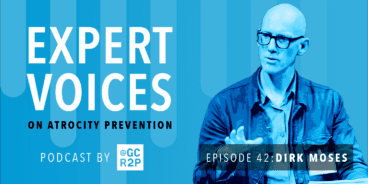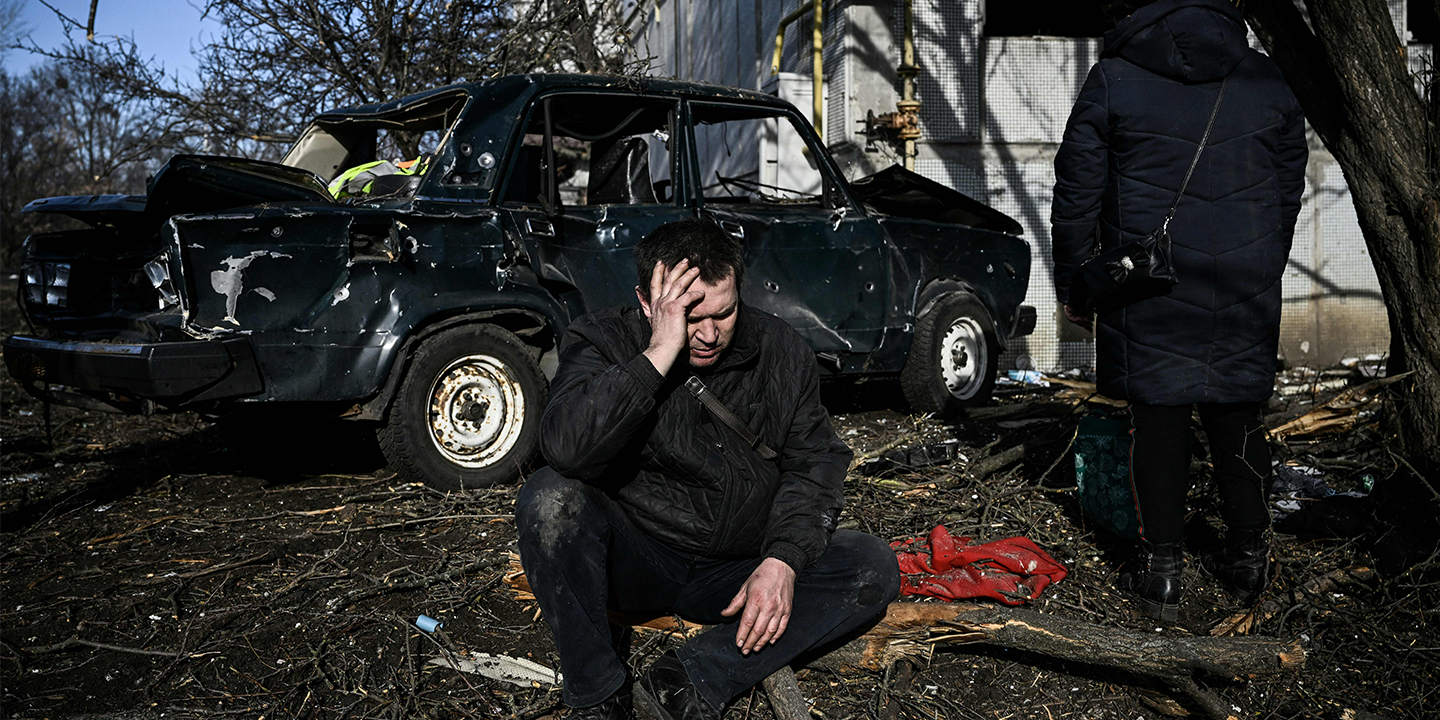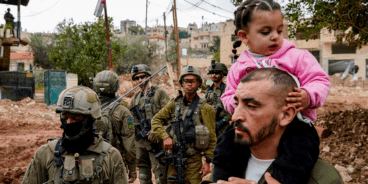

Statement on the situation in Ukraine
In the early hours of 24 February, the Russian Federation began an unprovoked invasion of Ukraine. The Global Centre for the Responsibility to Protect is deeply alarmed by this act of aggression and the grave risks of atrocities it poses to populations across Ukraine. The Global Centre condemns this blatant breach of the UN Charter that has the capacity to cause widespread suffering to millions of innocent civilians.
Reports have cited at least 10 confirmed civilian casualties so far, as well as strikes on civilian infrastructure in Kharkiv, Donetsk and elsewhere. Russian forces must cease their use of indiscriminate weapons in civilian populated areas, which is in direct defiance of International Humanitarian Law, to avoid any further loss of life. The current crisis also elevates security risks for Ukrainian and Russian human rights defenders, journalists and civil society, especially those critical of Russia’s involvement in Ukraine’s affairs.
This dramatic escalation is the latest evolution in a conflict that has been ongoing in eastern Ukraine’s Donetsk and Luhansk regions, collectively known as Donbas, since 2014. The conflict in Donbas has claimed the lives of over 3,393 civilians, forcibly displaced more than 1.4 million people and left 2.9 million in need of humanitarian assistance. International human rights groups have documented grave abuses perpetrated by all sides to the armed conflict, including indiscriminate shelling of civilian areas, torture, enforced disappearances and sexual and gender-based violence. These acts may amount to war crimes and crimes against humanity.
The Global Centre’s concerns stem not only from the high risks of atrocity crimes in modern warfare, but also due to the perpetrator of this aggression. Russian forces, contractors, allies and others under the government’s command have facilitated or committed atrocities in Syria, Central African Republic, Libya and elsewhere. The Russian government has shielded perpetrators of atrocities from international scrutiny, fueling impunity and emboldening them to commit further crimes.
The Global Centre calls upon the international community to take swift, collective action with the aim of protecting vulnerable populations in Ukraine. States should impose the toughest possible sanctions unilaterally and through regional organizations to isolate Russia and those supporting the government’s offensive.
The UN Human Rights Council (HRC) should urgently convene to discuss the crisis and establish a mechanism to monitor and report on human rights abuses, especially those that may amount to war crimes or crimes against humanity. Members of the UN Security Council should stand united and vote favorably on a resolution condemning the invasion and the risks it poses to Ukrainian populations, regardless of Russia’s likely veto. The UN General Assembly should also work to suspend Russia’s membership on the HRC for violations of the Charter it has sworn to uphold.
While this conflict has deep and long-standing security implications in Europe and beyond, there is an urgent need to address the dire risks of atrocities in Ukraine today. The Executive Director of the Global Centre for the Responsibility to Protect, Savita Pawnday, said that, “With its actions today Russia has flouted the rules and conventions that bind the international community together. We must now stand with the people of Ukraine and work collectively to uphold our political and moral responsibility to protect populations from the very real threat of atrocities.”
Related Content


Populations at Risk, March 2025
